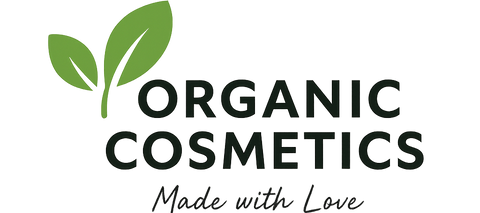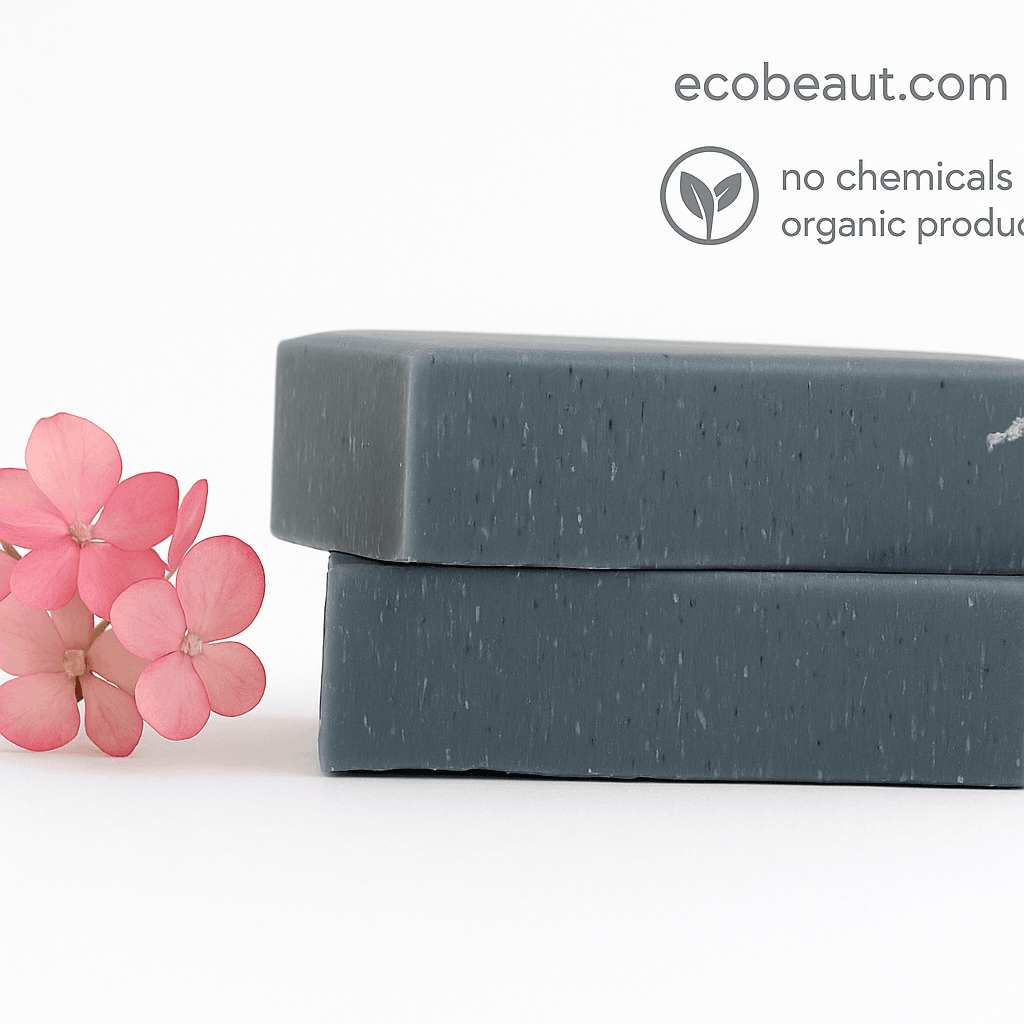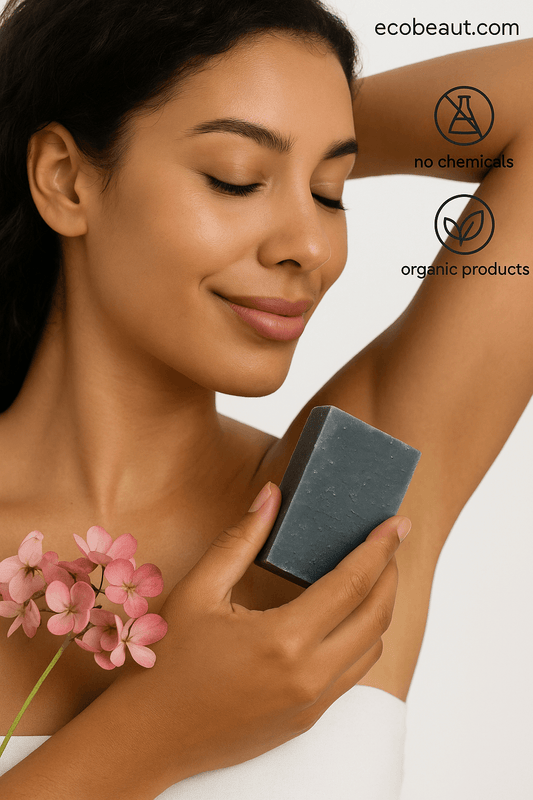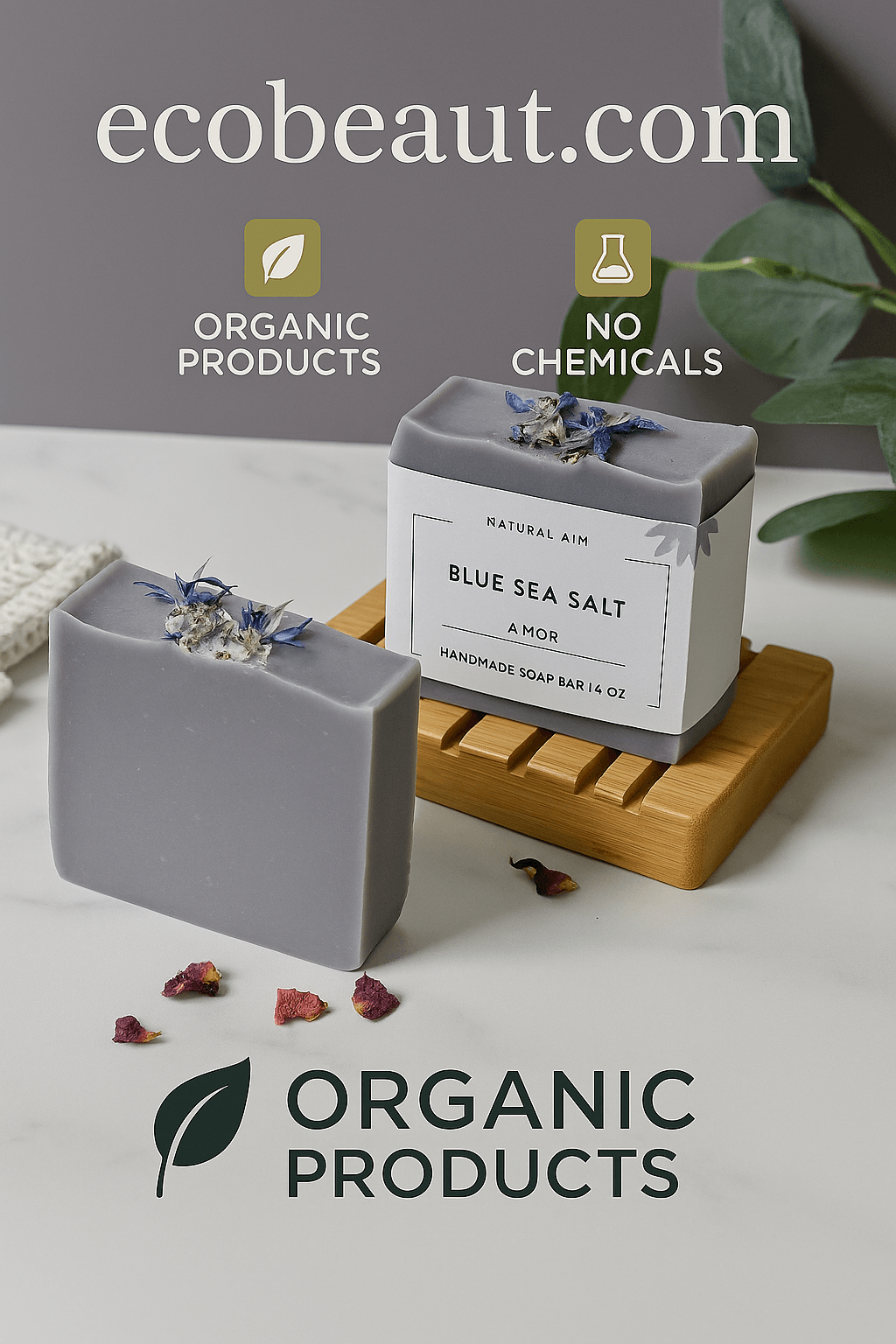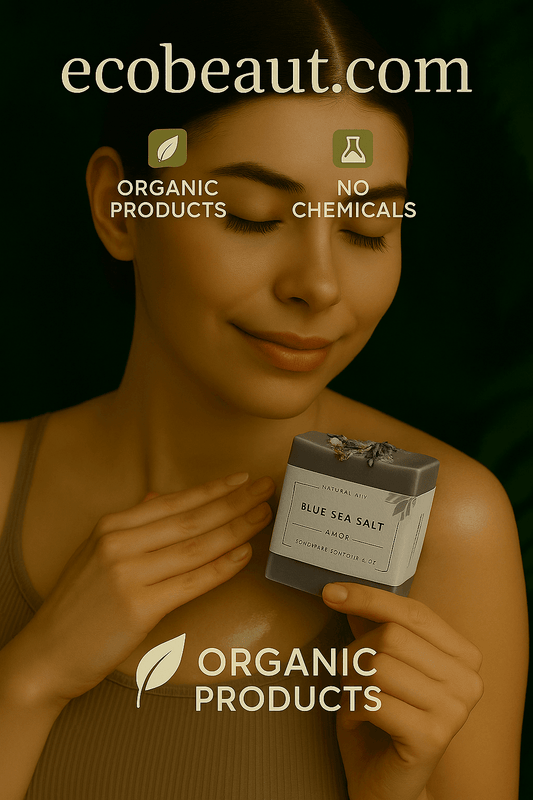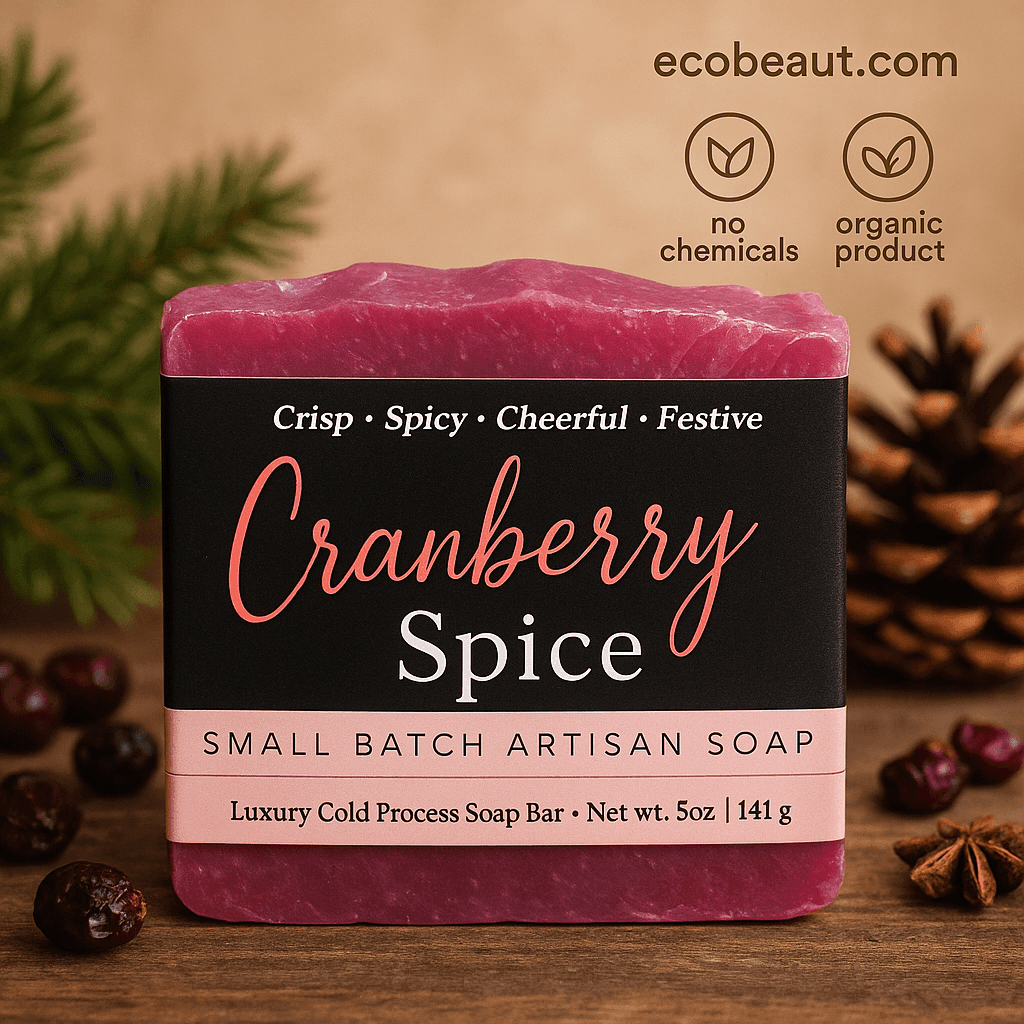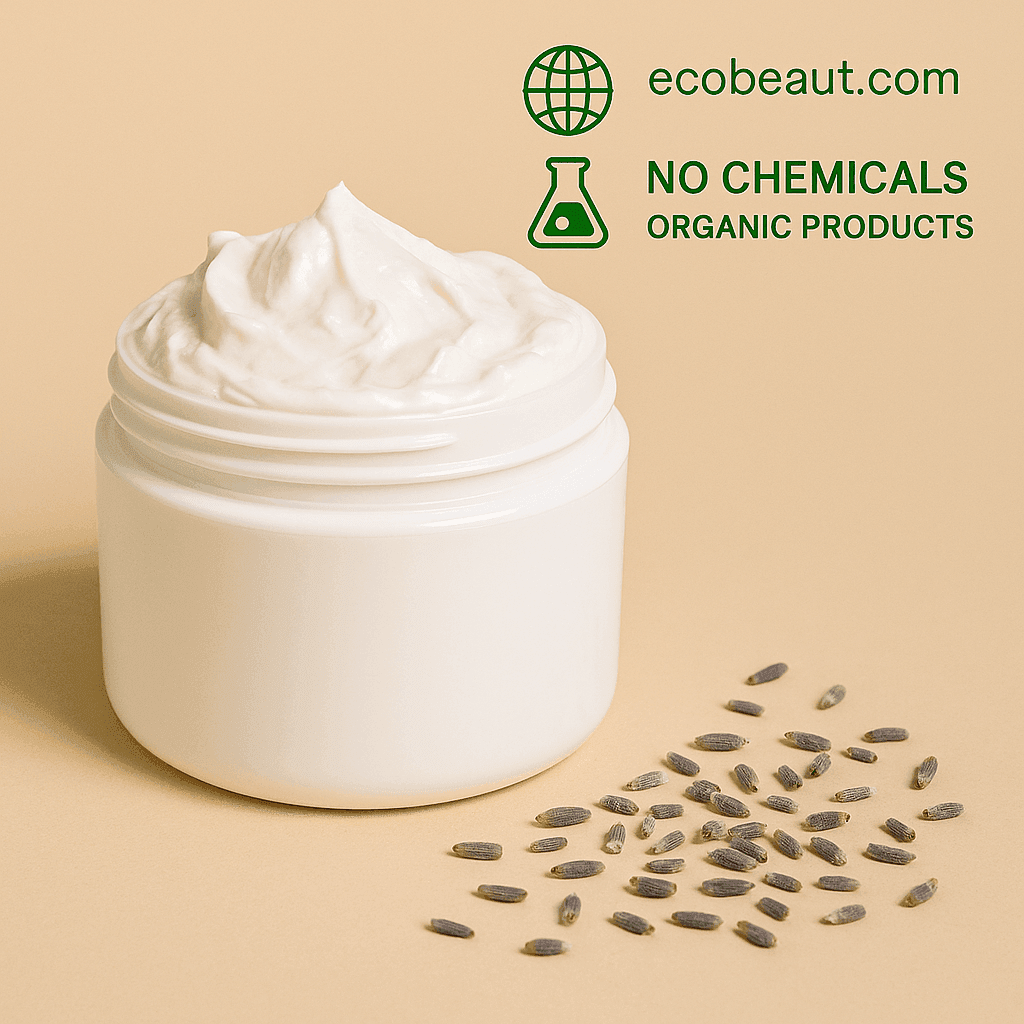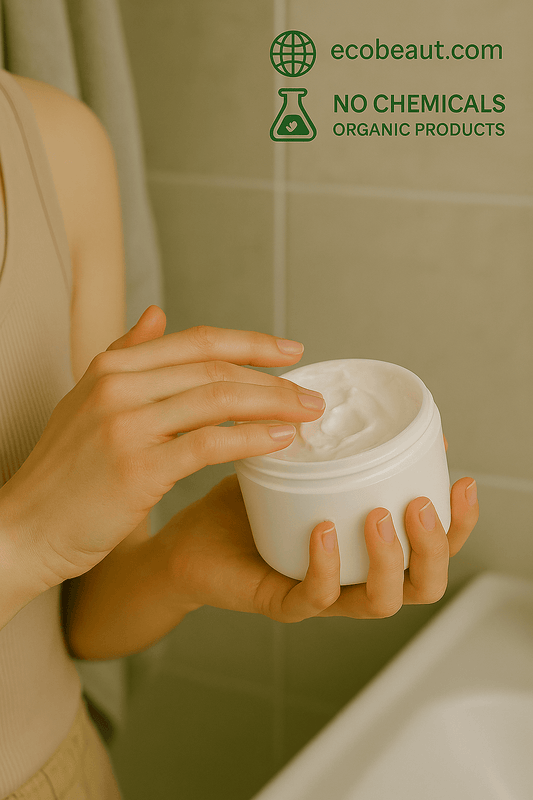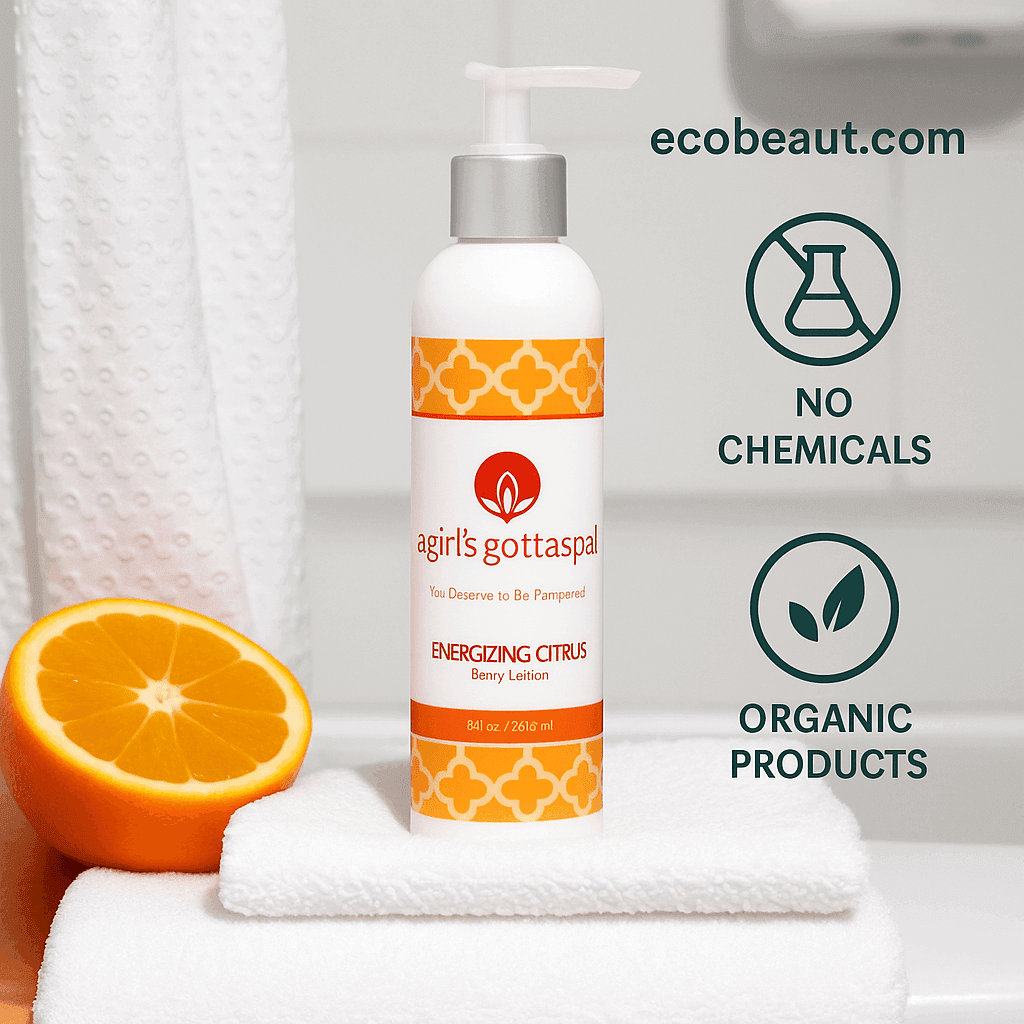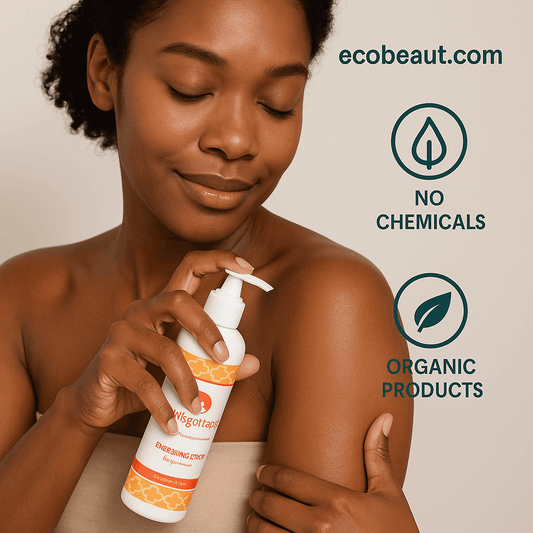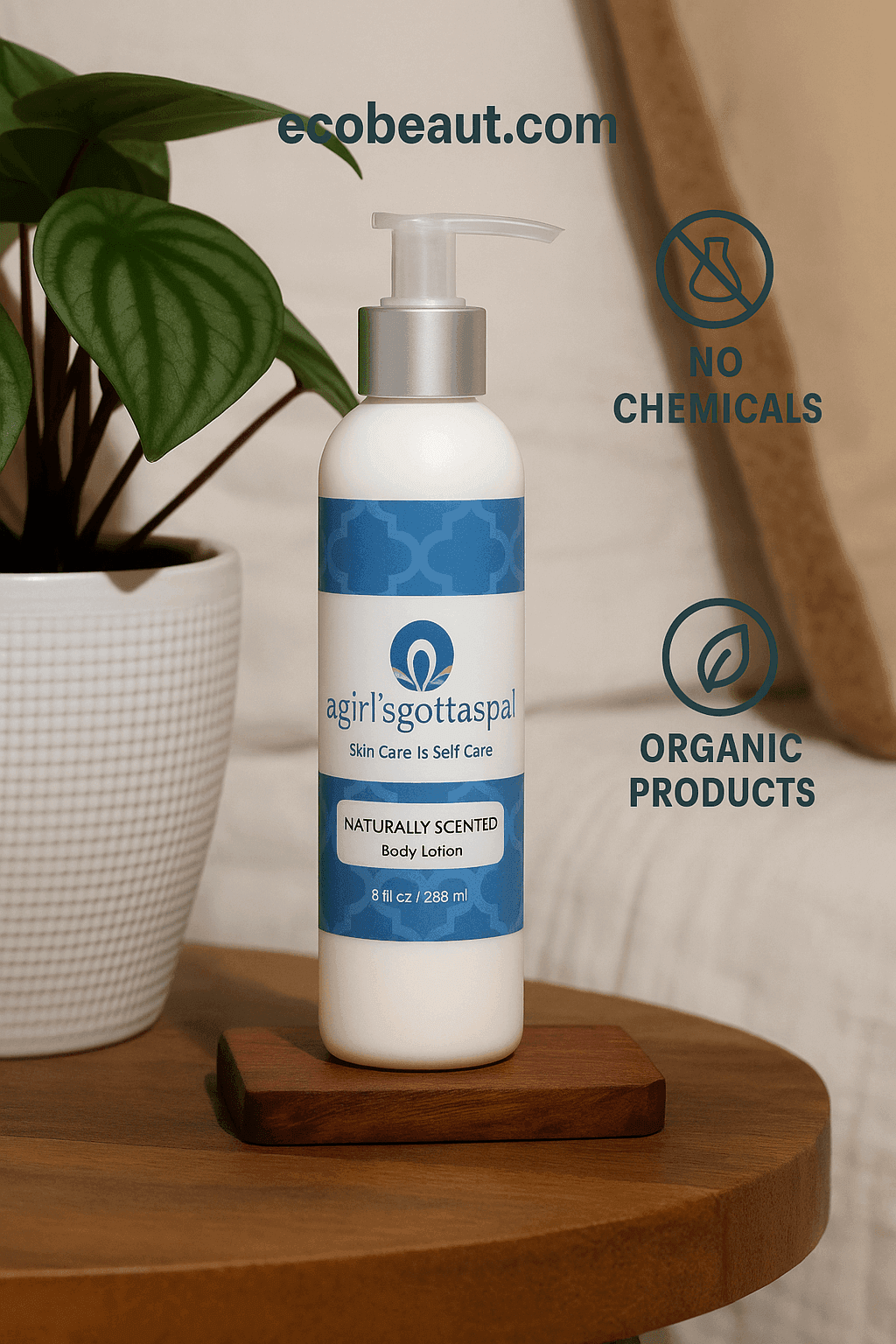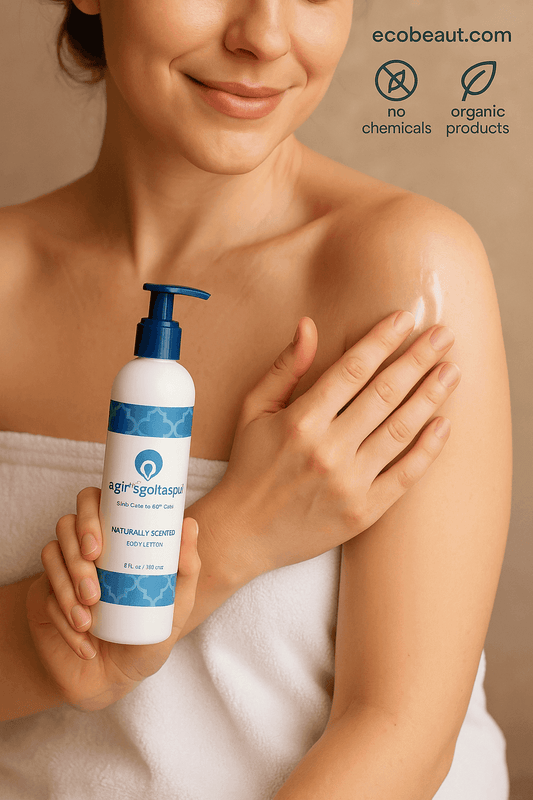In today's world, where environmental concerns are at the forefront of global discussions, incorporating sustainability into everyday practices has become increasingly important. One such practice is developing a sustainable skincare routine. A sustainable skincare routine not only benefits the environment but also promotes the health and well-being of your skin. By choosing eco-friendly products, reducing waste, and even creating your own skincare solutions, you can make a significant impact on the planet. This article will guide you through the steps to create a sustainable skincare routine, emphasizing the importance of conscious consumerism and eco-friendly habits.
Choosing the Right Products
Eco-Friendly Packaging
One of the primary aspects of a sustainable skincare routine is selecting products that come in eco-friendly packaging. Many conventional skincare products are packaged in single-use plastic, which contributes significantly to environmental pollution. To make a positive change, look for products that use biodegradable, recyclable, or reusable packaging. Glass containers, metal tins, and recycled paper packaging are excellent alternatives to plastic.
Sustainably Sourced Ingredients
The ingredients in your skincare products play a crucial role in sustainability. Opt for products that contain sustainably sourced, natural, and organic ingredients. Sustainable sourcing means that the ingredients are harvested in a way that does not deplete natural resources or harm the environment. For example, ingredients like shea butter, argan oil, and aloe vera, when sourced responsibly, can be excellent choices for sustainable skincare.
Cruelty-Free and Vegan Options
Another important consideration is whether the products are cruelty-free and vegan. Cruelty-free products are not tested on animals, while vegan products do not contain any animal-derived ingredients. Choosing these options ensures that your skincare routine does not contribute to animal suffering and aligns with ethical and sustainable practices.
Certifications to Look For
When selecting sustainable skincare products, look for certifications that indicate eco-friendly practices. Some common certifications include:
- Leaping Bunny: Indicates that a product is cruelty-free.
- USDA Organic: Certifies that the product contains organic ingredients.
- Fair Trade: Ensures that the ingredients are sourced ethically, providing fair wages and working conditions for farmers.
- ECOCERT: Certifies that the product meets environmental and social standards.
Reducing Waste
Minimal Packaging
One of the easiest ways to reduce waste in your skincare routine is to choose products with minimal packaging. Brands that prioritize sustainability often design their packaging to be as minimalistic as possible. This can include using smaller containers, eliminating excess plastic wraps, and designing packages that serve multiple purposes.
Reusable Containers
Investing in products that come in reusable containers can significantly reduce waste. For instance, some brands offer refillable bottles or jars, allowing you to purchase refills instead of new products. This not only cuts down on plastic waste but also reduces the overall environmental footprint of your skincare routine.
Recycling and Upcycling
Properly recycling your skincare product containers is another essential step. Many containers can be recycled, but it's important to check local recycling guidelines to ensure you're doing it correctly. Additionally, consider upcycling containers for other uses. For example, glass jars can be used for storing small items or as decorative pieces.
Reducing Product Consumption
Another way to minimize waste is to be mindful of how much product you use. Using smaller amounts can extend the life of your products and reduce the frequency of repurchases. Many skincare products are designed to be effective with just a small amount, so there's no need to over-apply.
DIY Skincare
Benefits of DIY Skincare
Creating your own skincare products at home can be a fun and rewarding way to ensure that your routine is sustainable. DIY skincare allows you to control the ingredients and packaging, reducing the environmental impact. Additionally, homemade skincare products can be customized to suit your skin type and preferences, ensuring a perfect match for your needs.
Simple DIY Recipes
Here are a few simple and effective DIY skincare recipes using natural ingredients:
Honey and Oatmeal Face Mask
- Ingredients: 2 tablespoons of honey, 1 tablespoon of finely ground oatmeal
- Instructions: Mix the honey and oatmeal to form a paste. Apply to your face and leave on for 15-20 minutes before rinsing off with warm water. This mask is excellent for soothing and moisturizing the skin.
Coconut Oil and Sugar Scrub
- Ingredients: 1/2 cup of coconut oil, 1/2 cup of granulated sugar
- Instructions: Combine the coconut oil and sugar in a bowl. Use this scrub to exfoliate your skin gently, then rinse off with warm water. This scrub helps remove dead skin cells and leaves your skin feeling soft and smooth.
Green Tea Toner
- Ingredients: 1 cup of brewed green tea (cooled), 1 teaspoon of apple cider vinegar
- Instructions: Mix the green tea and apple cider vinegar. Pour the mixture into a reusable spray bottle and use it as a toner after cleansing your face. This toner helps to balance the skin's pH and reduce inflammation.
Sourcing Ingredients
When creating DIY skincare products, it's important to source high-quality, organic ingredients. Look for local suppliers or farmers' markets where you can find fresh and natural ingredients. Purchasing in bulk can also reduce packaging waste and ensure you have enough supplies for multiple batches.
Conclusion
Creating a sustainable skincare routine is a thoughtful and impactful way to care for your skin and the environment. By choosing eco-friendly products, reducing waste, and incorporating DIY skincare, you can make a positive difference. Remember, sustainability is a journey, and every small step counts. Adopting these practices not only benefits the planet but also promotes a healthier and more conscious approach to skincare.
As you embark on this journey, consider supporting brands like Ecobeaut, which are committed to sustainability and ethical practices. By making informed choices and encouraging others to do the same, we can collectively contribute to a more sustainable and beautiful world.
